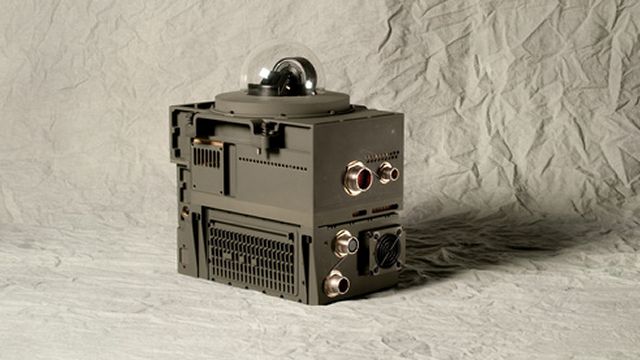Breaking news
BAE Systems submits proposal for next-gen countermeasure system to protect US military aircraft.
| a | |||
| |
|||
World Defense & Security Industry News - BAE Systems |
|||
| BAE Systems submits proposal for next-gen countermeasure system to protect US military aircraft | |||
BAE
Systems yesterday announced that it has submitted its proposal for the
U.S. Army’s Common Infrared Countermeasure (CIRCM) program. CIRCM
is a lightweight, low-cost, and modular laser-based aircraft protection
system, designed to protect U.S. rotary- and fixed-wing aircraft from
infrared guided missiles. |
|||
 BAE Systems' Common Infrared Countermeasure (CIRCM) project preliminary design |
|||
“The
submission of our CIRCM proposal is the latest offering in our more than
40 years of experience with infrared countermeasures, delivering critical
aviation survivability equipment to our armed forces,” said
Bill Staib, director of Threat Management Solutions at BAE Systems. “We
are leveraging the company’s extensive expertise to submit a proposal
for a next-generation aircraft survivability solution, which would protect
U.S. military aircraft and troops from existing and evolving infrared-guided
threats.”
CIRCM is designed to be part of a suite of infrared countermeasures that also includes a missile warning system and a dispenser for flares. The Army’s current missile warning system is BAE Systems’ Common Missile Warning System (CMWS), which is responsible for detecting and declaring an infrared threat. Both CIRCM and the dispenser receive the handoff from CMWS and provide appropriate countermeasures to defeat the threat. BAE Systems’ CIRCM offering has been tested and evaluated in the company’s Worrell/Weeks Aircrew Protection Center. This unique state-of-the-art facility enables rigorous analysis and integration of aircraft survivability equipment in an operationally representative environment. Since BAE Systems was awarded an initial contract in 2012 to compete in the CIRCM technology demonstration phase, the company has met or surpassed every program milestone, including the early delivery of initial units, successful lab testing, design reviews, and flight testing. Early next year, the Army plans to award a 26-month contract for the engineering, manufacturing, development, and delivery of 21 CIRCM systems. |
|||



















